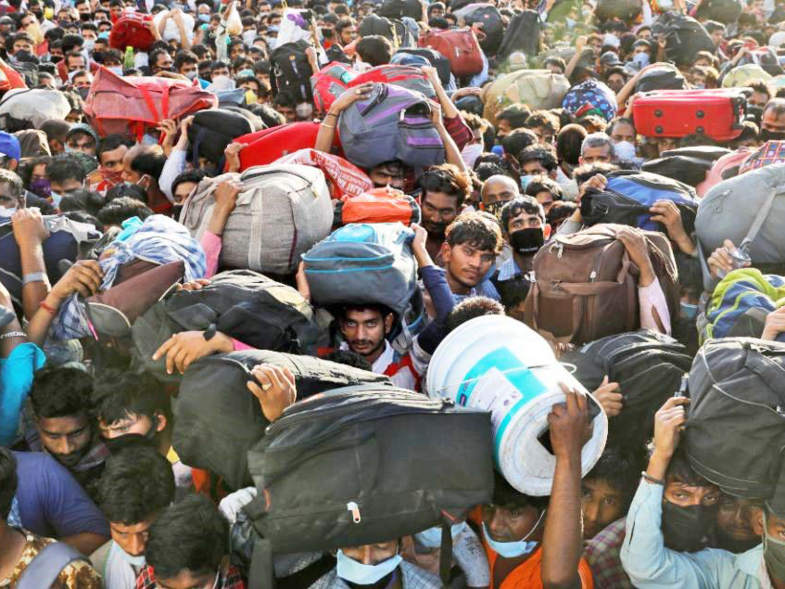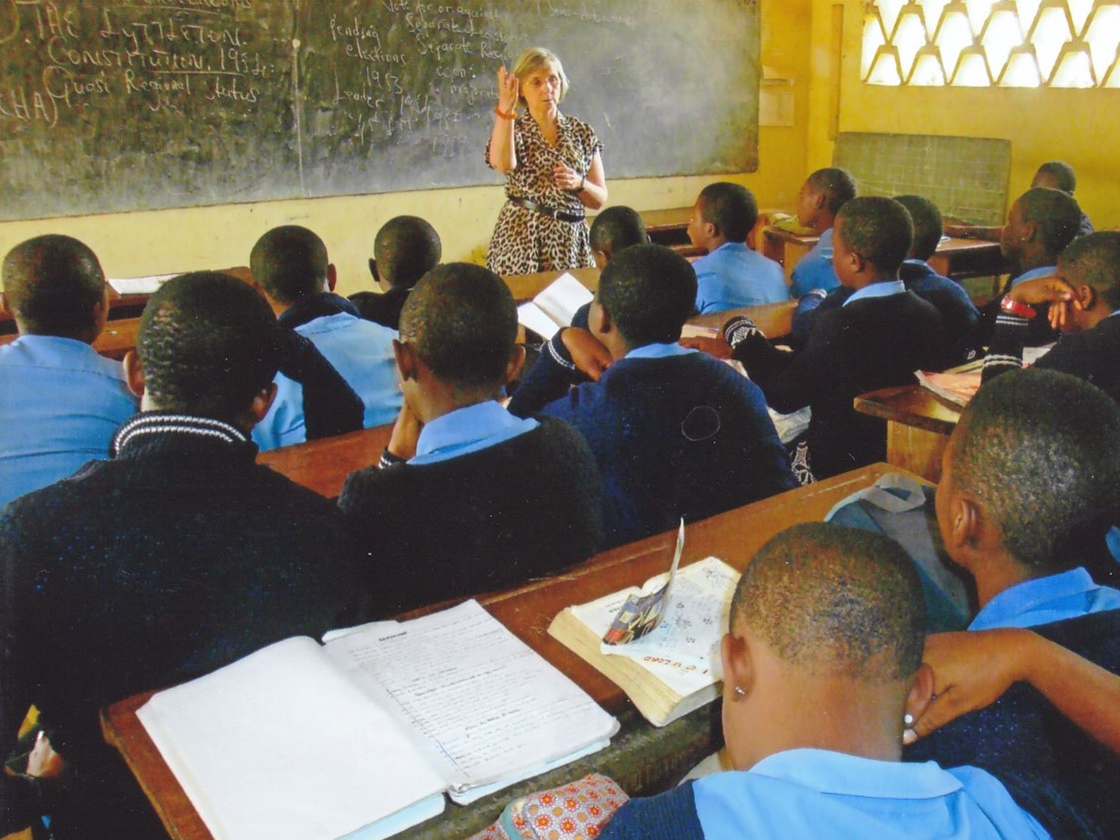In India, the number of infected people is increasing rapidly and strongly. There are currently nearly three million confirmed infections and over 53,000 deaths. Recently, 65,000 people tested positive in a single day. Fortunately, recovery rates are also high, says Dr. Parinitha Shetty. She praises the courage and tireless commitment of health workers. Their mission is highly dangerous due to a lack of equipment and personnel. According to the latest data from the Indian Medical Association, 197 doctors have already lost their lives in this pandemic.
Thousands unemployed
The pandemic has left many people unemployed. According to Dr. Parinitha Shetty, the economic and health consequences of the pandemic are mainly borne by the lower social strata: "The pandemic has brought out the deep-rooted class differences in our society," she says. Dr. Parinitha Shetty can't get the images of the many migrant workers who have to return to their home villages on foot in the Indian heat out of her mind.
Social and digital divide
Many universities have closed and switched to online courses. But here, too, social inequality is evident: students from economically poor backgrounds do not own computers. Most have a smartphone, but only limited Internet access. Dr. Parinitha Shetty hopes the pandemic will also unleash positive forces, for greater social justice and solidarity: "A world where healing and caring spread as fast and far as the virus."
Mission 21 also makes a contribution to more social justice in India: Mission 21 supports projects of the Evangelical Mission in Solidarity (EMS, Stuttgart), which aim to promote the education of girls.







